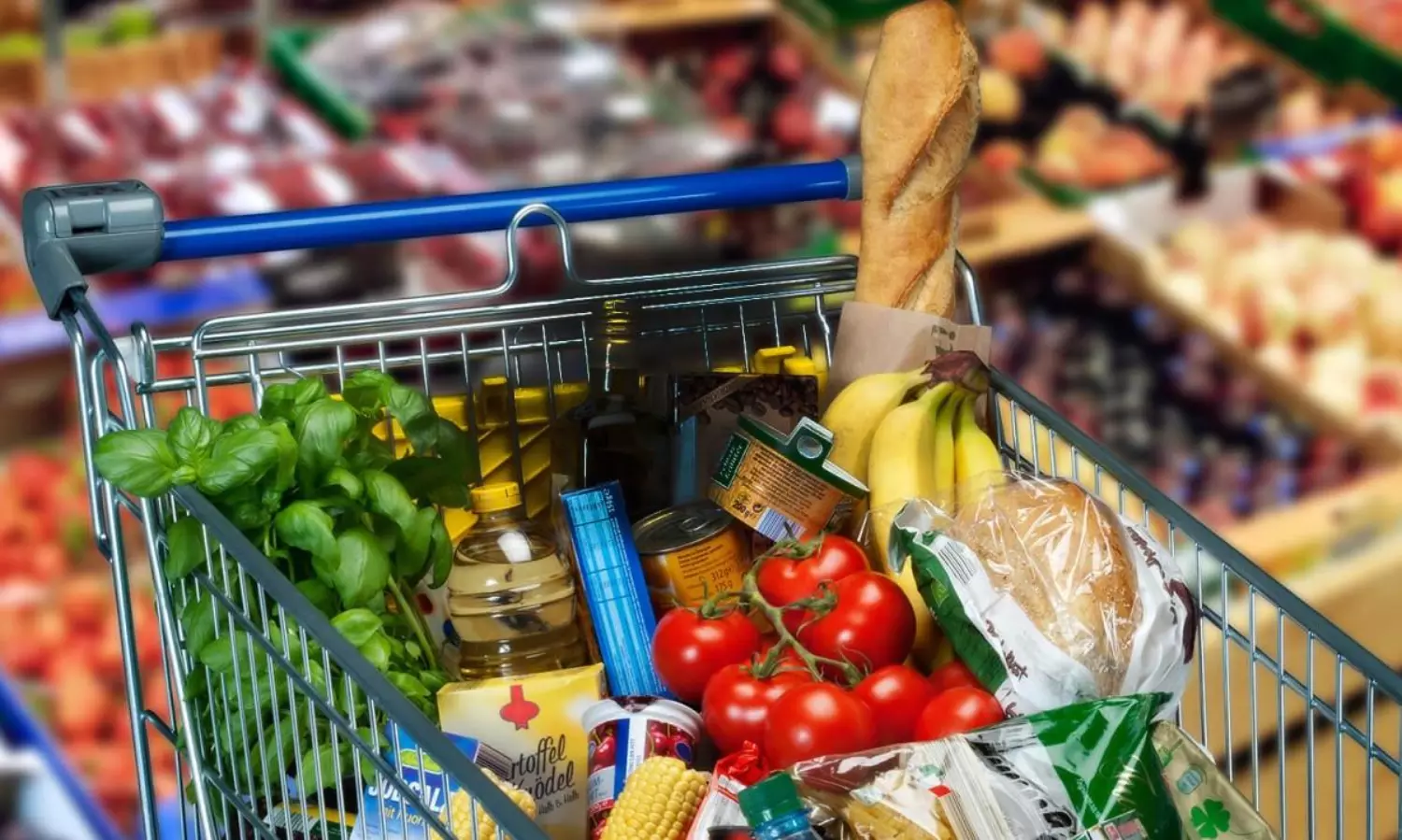CHEP boosts South Africa’s FMCG resilience through supply chain innovation
Amid inflation and shifting consumer trends, CHEP’s pallet pooling and collaborative logistics strengthen FMCG efficiency.

As South Africa faces economic pressure and evolving consumer preferences, CHEP South Africa is driving resilience across the fast-moving consumer goods (FMCG) sector. The company’s collaborative logistics models, efficient pallet pooling systems, and customer-focused strategies are helping retailers, manufacturers, and distributors remain agile in a challenging market.
South African consumers are prioritising value over volume as rising fuel prices and persistent load-shedding affect household budgets. According to Kantar (2024), FMCG sales value dropped by 4.8%, while low-income households reduced spending by 11.8%. Despite this, essentials such as hygiene products and affordable comfort items have maintained demand. Private labels have also become a major growth driver, reaching over R98 billion in sales and accounting for 18% of total FMCG value. NielsenIQ data shows that 75% of South Africans now trust private-label products, signalling a cultural shift towards affordable quality.
As consumer habits evolve, logistics innovation is reshaping how goods move across Sub-Saharan Africa. CHEP’s pallet pooling model, where manufacturers rent, track, and recover pallets through a centralised system is reducing waste, cutting costs, and improving transparency. The company’s Pallet Recovery and Exchange Optimisation Project, supported by its Total Equipment Management Services (TEMS), has improved turnaround times and reduced excess pallet holdings at customer sites.
“In a region where supply chain volatility is constant, our ability to maintain optimal equipment levels year-round gives customers flexibility to respond to seasonal peaks and unexpected demand surges,” said Trevor Drury, Senior Director of Sales at CHEP South Africa. He added that CHEP’s in-house pine plantations and pallet production reduce reliance on external suppliers and protect customers from shortages.
CHEP’s customer-centric approach extends beyond logistics hardware. “Our customers need more than just pallets, they need a system that adapts to their business,” said Abdul Hassim, Director of Customer Experience at CHEP South Africa. “Our wide hire and de-hire network keeps transport costs low, while our flexible pricing based on actual usage helps customers manage budgets effectively.”
CHEP’s expansion supports South Africa’s growing township retail sector, which now generates over R180 billion annually. Townships, once dominated by informal spaza shops, are becoming centres of modern retail innovation. Retailers are tailoring product sizes, using local marketing, and forming partnerships with informal traders to improve accessibility. Mobile payments and Point of Sale (POS) systems are also introducing greater traceability and data-driven decisions.
Although groceries and FMCG account for only 2% of South Africa’s e-commerce sales, far below the 17% global average, digital retail channels such as online grocery platforms and WhatsApp commerce are expected to play a larger role in coming years.
Sustainability has become a decisive factor for consumers and corporations alike. Nearly 60% of South Africans are willing to switch to brands that demonstrate stronger environmental performance. CHEP’s pooling model supports this shift by reusing and repairing pallets instead of discarding them, reducing waste and carbon emissions.
Looking ahead, CHEP’s partnerships and logistics innovations aim to strengthen the foundation of Africa’s FMCG growth. “We’re committed to co-creating the future of supply chains with our customers,” said Hassim. “By aligning our expertise with their goals, whether in digital transformation, sustainability, or operational efficiency—we’re helping them build resilient, future-ready businesses.”
As South Africa’s FMCG industry moves toward 2026, its success will depend on balancing efficiency with sustainability and innovation with trust. CHEP’s ongoing work across Sub-Saharan Africa shows how collaboration and shared value can power long-term growth for the region.


